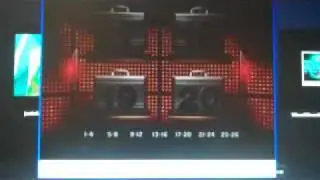Russia's cyberattack on US | Forensic 101
Everyone and everything is online now. We live our lives online, we chat online, we shop online and we even learn online. Our finances have shifted online too, especially post demonetisation. The government is striving to make our economy digital. Digital India is their goal. It sounds well and good. A digital economy will mean fewer cash frauds, easier transactions and a significant decrease in the flow of black money.
However, going digital isn’t really the safest bet. Hacking and online attacks are an everyday phenomenon. Online fraud, identity theft even online robberies happen all around the world on a daily basis. This is one of the main reasons we need to educate and take digital forensics seriously.
We at Forensic 101 create videos on the digital frauds and hacks that takes place in day to day life, hence educating people and making internet a safe place. We work closely with DIgital Forensic Solution companies and education institutes.
A Russian hacker has been arrested in a joint operation by Czech police and the FBI, suspecting cyberattacks on the United States, in Prague. The alleged Russian hacker, Yevgeniy Nikulin, who was responsible for the breach of some major social media organizations’ networks and computers such as Dropbox, LinkedIn and Formspring is now in the middle of extradition negotiations between the United States and Russia. The extradition requests will be referred to a Prague court and if both requests are deemed valid, the Czech Republic’s Justice minister would make the call to pick one of the two.
Russia’s foreign ministry and embassy in Prague have criticized Washington’s request for extradition, with the latter claiming that the US is undertaking a global manhunt against the Russian citizens.
The LinkedIn breach saw a total of 117 million records compromised, all of which were put up for sale on a dark web marketplace by “Peace”, a notorious hacker, who is also involved with number of other notable data breaches.







